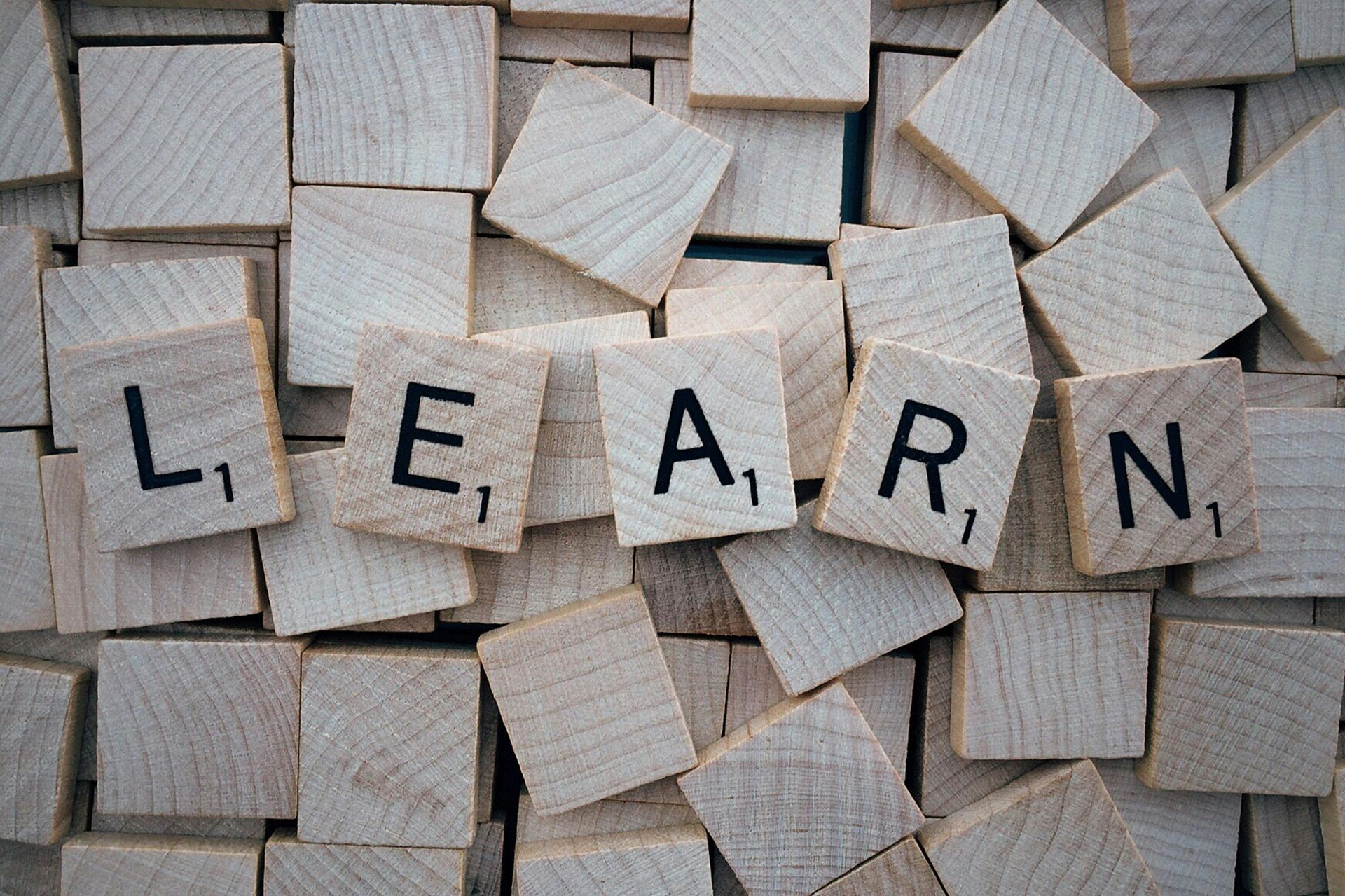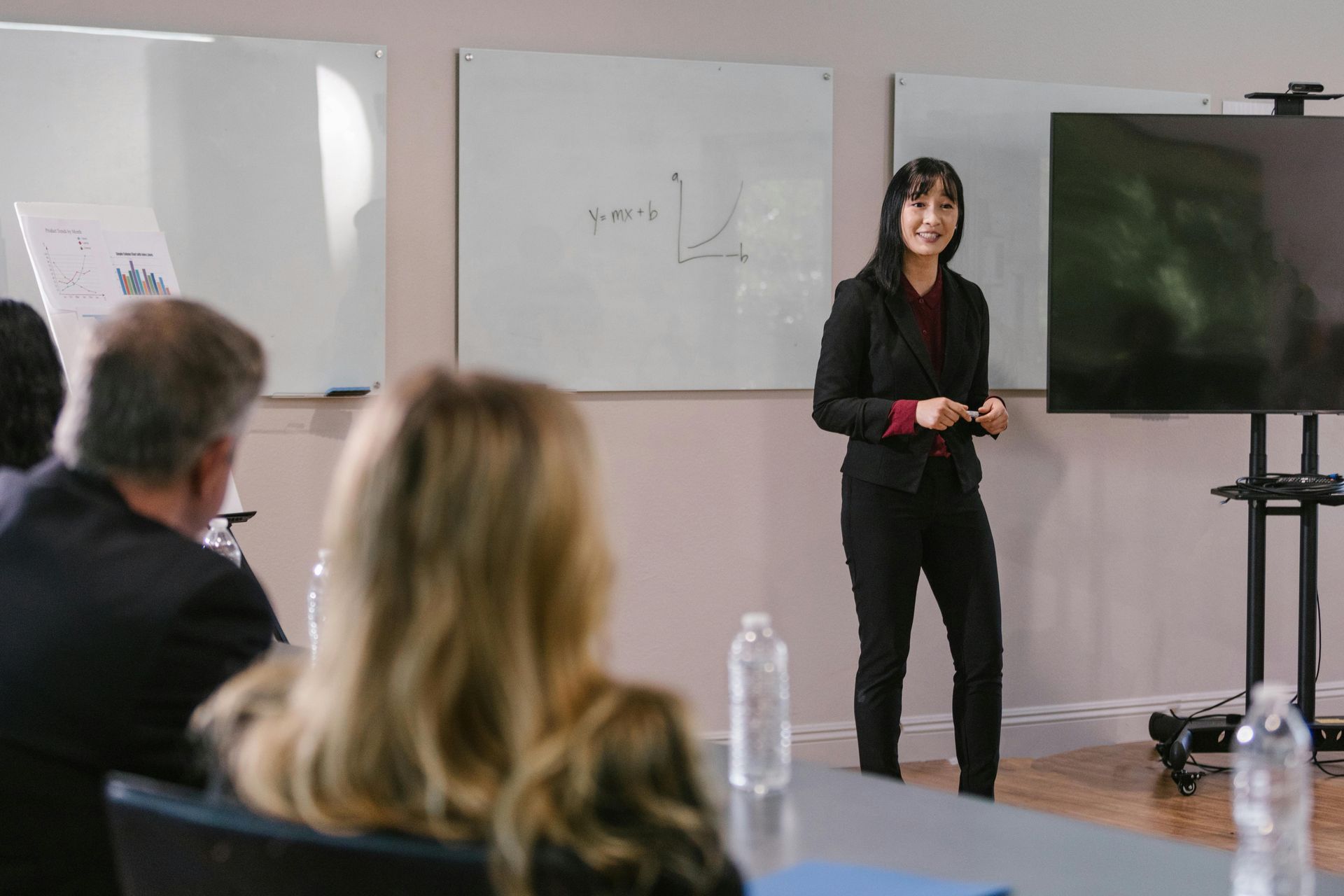What are TQT and GLH?
Total Qualification Time and Guided Learning Hours?

This article sets out to explain the purpose of Total Qualification Time (TQT) and Guided Learning Hours (GLH) that are set out within qualifications.
Learners often say “how long will it take to complete the qualification?”. The answered to this is often dependent on the individual learner, their prior experience and knowledge, the format of the course delivery and any specific individual needs. There are two key factors that do contribute to the answer of this question – TQT and GLH.
Total Qualification Time (TQT)
TQT is an estimate of the total number of hours it would take an average learner to achieve and demonstrate the necessary level of attainment to be awarded with a qualification, both under direct supervision (forming guided learning hours) and without supervision (all other time).
The requirements to deliver this qualification differ depending on the units chosen.
Guided Learning Hours (GLH)
The hours that are categorised as GLH can be a little more complicated:
- Face-to-face delivery (learning delivered by a teacher, trainer, tutor, instructor or other appropriate member of a training team)
- e-learning with a teacher or trainer present / available in real-time (the learner and teacher / trainer can be either remote or in the same physical place
- Invigilated assessment (external tests sat under controlled or open-book conditions)
- Internal assessment carried out by the learner with a teacher, trainer or assessor present / available in real-time (the learner and teacher / trainer / assessor can be either remote or in the same physical place).
GLH are not classed as unsupervised learning hours such as:
- Unsupervised learning such as e-learning that the learner carries out unsupervised and with no real-time support from a teacher or trainer.
- GLH cannot be linked to assessment tasks carried out by the learner (usually within their own time and to work towards completing the assessments tasks for the qualification) without a teacher or trainer present. An example of this would be the working on their portfolio of evidence or writing assignments at home. Finally, GLH are not met through any additional further study, research, revision and training activities that the learner does unsupervised.
Some key facts
- TQT and GLH values are advisory and assigned to a qualification as guidance.
- TQT and GLH values come from the Awarding Organisation who have developed the qualification, are advisory and assigned to a qualification as guidance (this is to help the provider of the qualification plan a programme of delivery).
Here is an example of how TQT and GLH might look for a qualification:
The total qualification time for this qualification is 120 hours and of this 48 hours are recommended as guided learning hours.
We hope that helps and clears up some of the myths around TQT and GLH. Important to remember; it impact they delivery team and the learners, so planning is vital.














